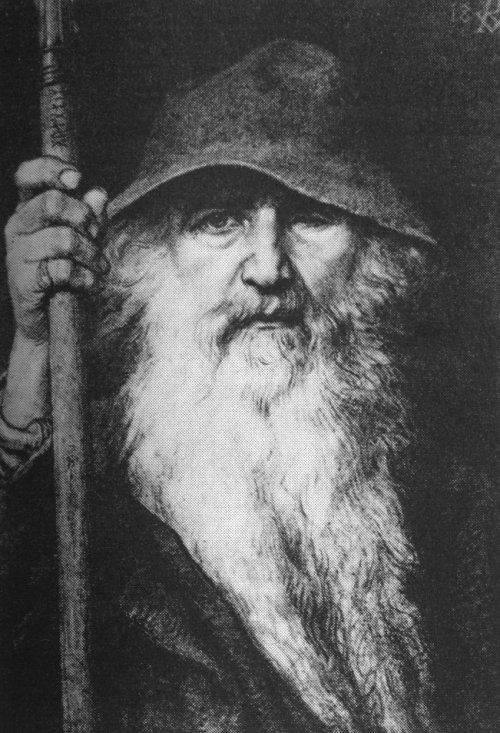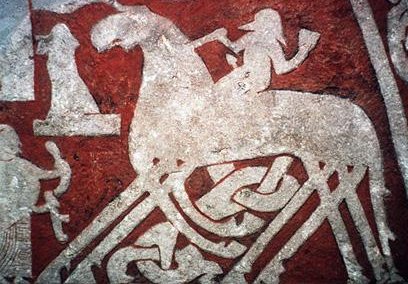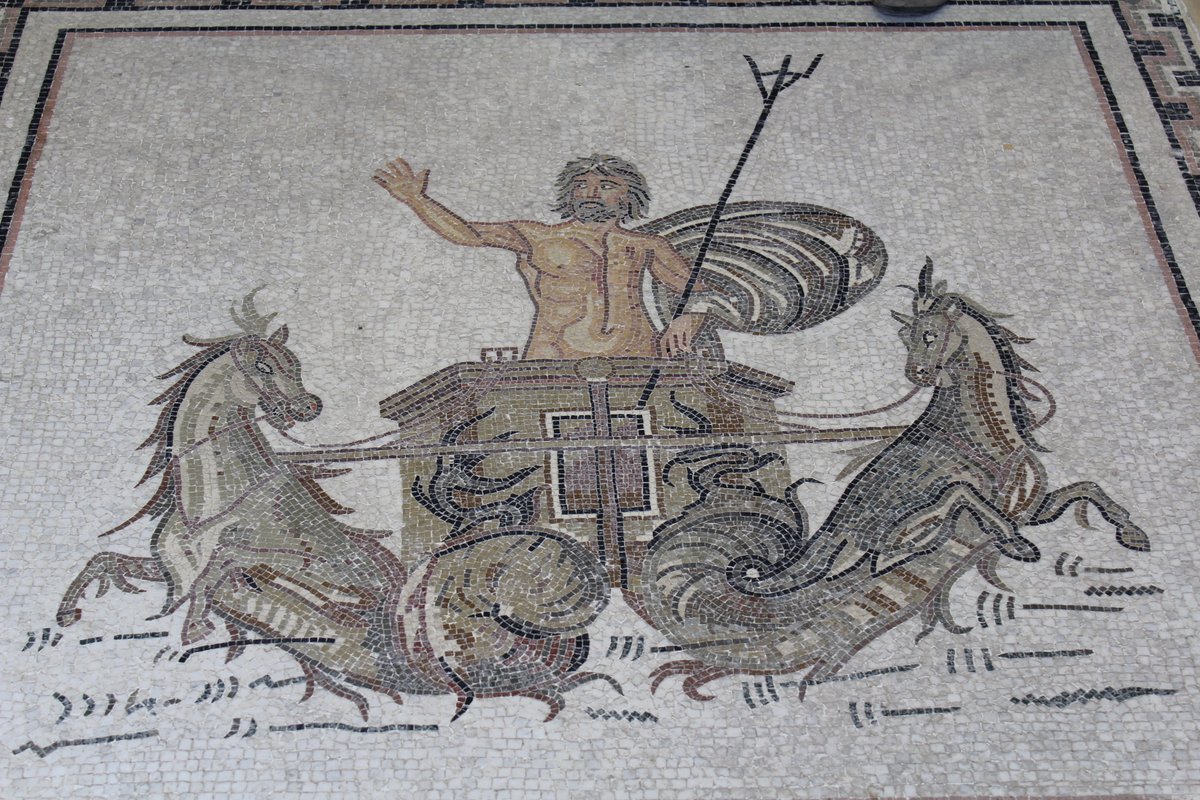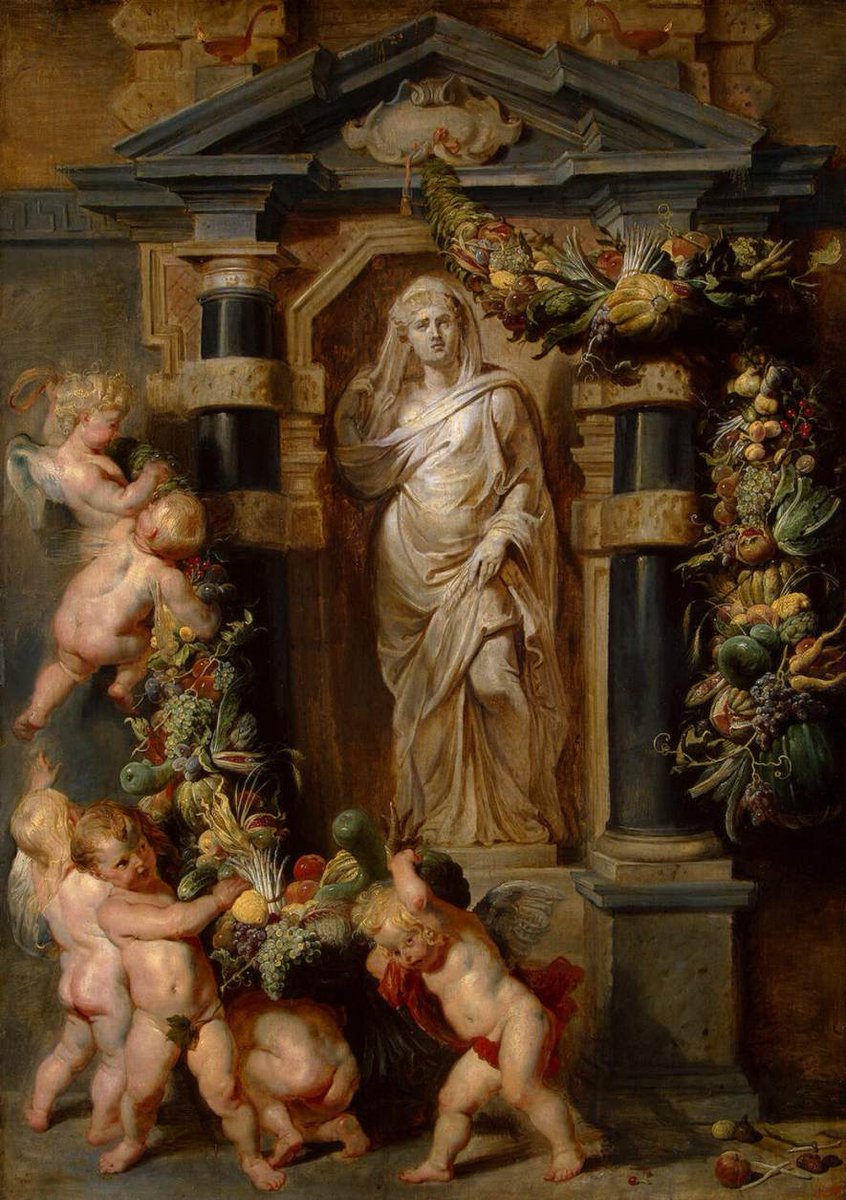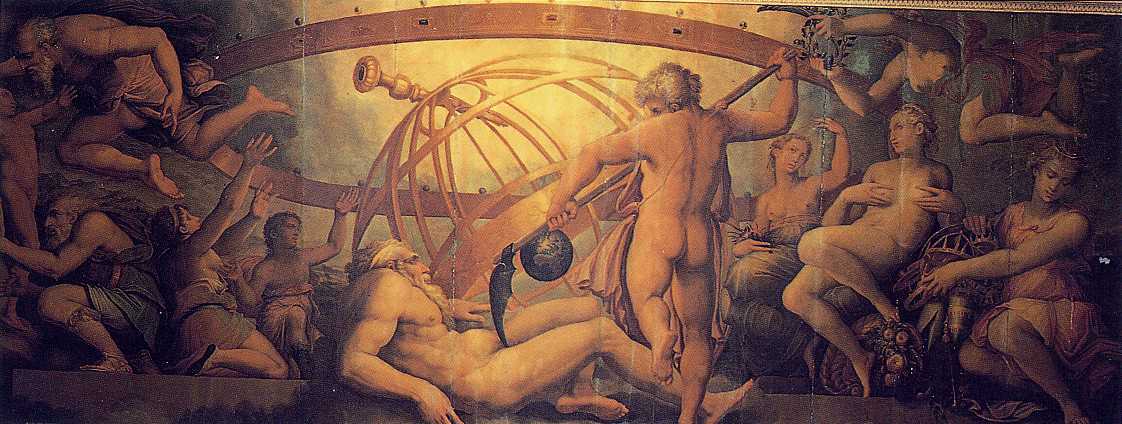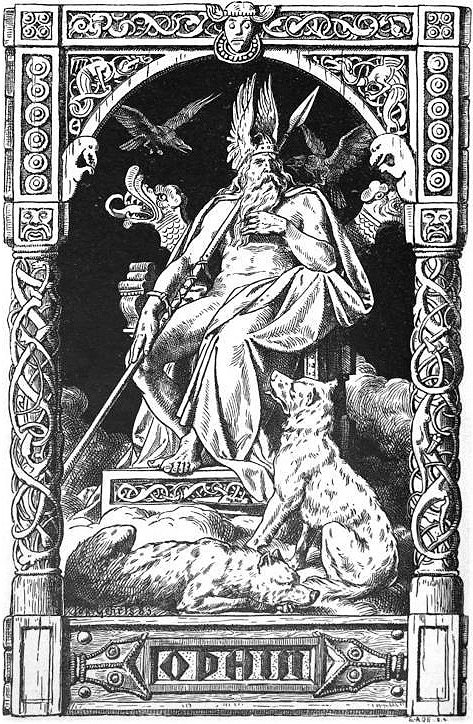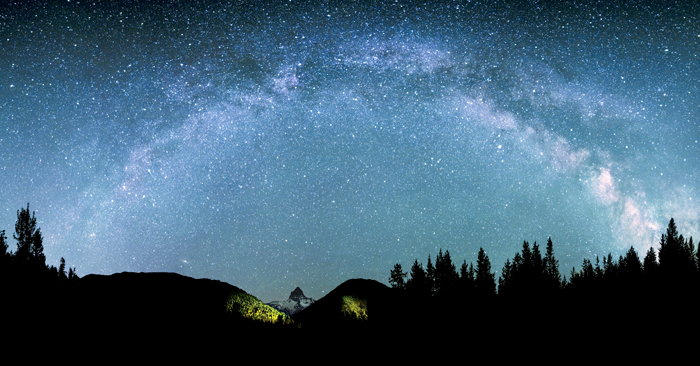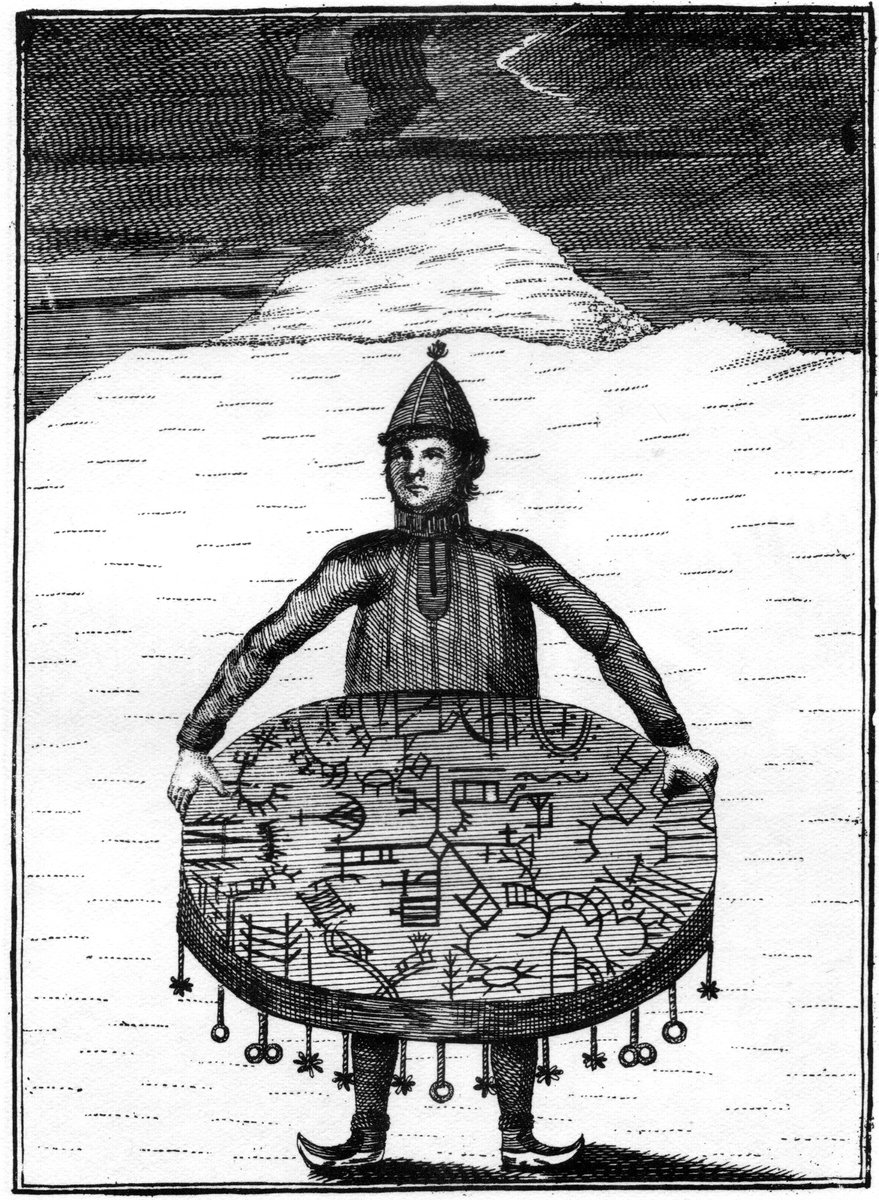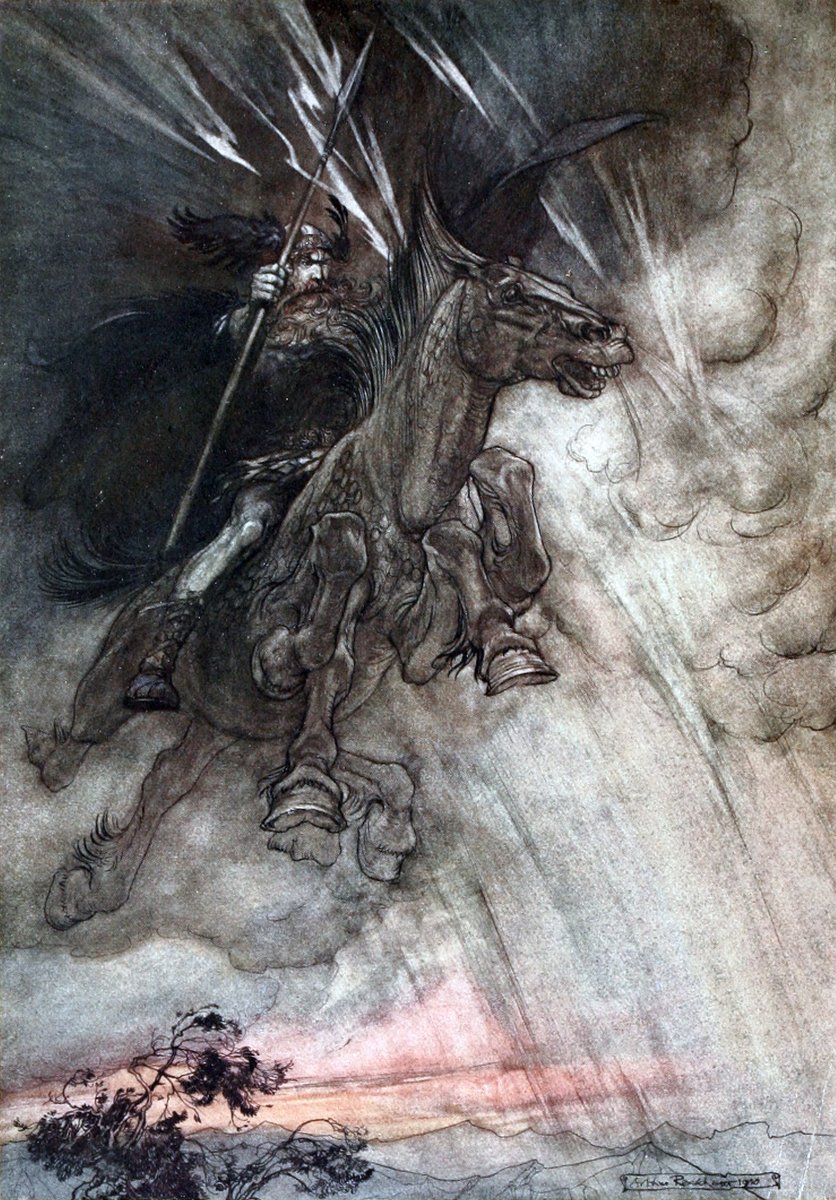Odin has many names and titles that refer to him. In untranslated poetry, you are as likely to see them as Odin. There was even a poem that listed out his many times(a thulr of sorts). One of them I am interested in is Jálkr. It means a castrated horse. A gelding, as we say.
Why would anyone refer to Odin or any other god that way? Likely because of an ancient mytheme where the sky god was castrated by his descendant or offspring. Odin is associated with the horse. So was the ancient sky god, sometimes he was visualized as a horse.
An example would be the Vedic Dyaus, whose nighttime aspect was a black horse adorned with the stars. In his more ancient aspect, Poseidon(who is associated with and took the form of a horse) may have also been considered god of the dark sky(which was linked to water anyway).
There is an obscure myth where Poseidon mated with Demeter(an earth goddess) in the form of a stallion, she in the form of a mare. There was even a temple where a horse headed Demeter was depicted, in an archaic form.
For the castration myth, the most famous is Kronos(Saturn) castrating Ouranus(heaven) and forcing the separation of heaven and earth. Hurrian myths had the same thing happen, with Anu being heaven, Kumarbi the one who castrates him, and Kumarbi& #39;s son Teshub being much like Zeus.
So Odin& #39;s by-name Jálkr has some relation to these myths, related to Odin& #39;s aspect as the sky god. Based on name, some put Tyr in this position, but there is little trace of that left other than the name. Odin however, has many traits of an ancient sky god.
Odin is also called Thundr and Vidrir(stirrer, or stormer), again associating him with sky and wind. Ýrungr and Hveðrungr are more examples. Báleygr, flaming eye. With his dark blue cloak, and his single flaming eye, it always reminded me of the sky and the Sun.
It is my view that Odin was at first primarily seen as the sky/wind god, mover of things in heaven and earth. His other attributes stem from this, because ancient pagans had a much more connected, complex view of concepts than we tend to.
There is a whole pile of folklore and myth associating wind with a "wolf". Sure enough, Odin is accompanied by wolves. The wind is a destroyer, but also gives life. It was literally considered the breath of life, or life force in motion. That in turn connects it to the mind.
Expand that, and it connects to magic or primeval shamanism. Even today steppe shamans say that there is a connection between man and heaven, power that flows into us from the sky. And the point of rituals was in imitating/influencing the cosmic order, very evident in the sky.
The poet in most ancient societies was either a kind of shaman or ecstatic, or considered to have one foot in that territory. Inspiration(literally meaning to breathe in) takes hold, giving him the thoughts, images, and words that he must to remember.
The death association is also natural. If you believe that the breath of life came from the heavens, once someone expires, that is where it returns. And the sky brings storms, floods, cold, and heat, not just nourishment. Showing Odin& #39;s dual nature as healer and death bringer.
Bad influence, like disease, was also considered to be carried on the wind. Like with Apollo, or Rudra, both gods with similar associations to Odin. Rudra, Odin, and Apollo are also healers. Odin was said to have put healing plants on Earth, Apollo& #39;s son is Asklepios.
I also wonder about the World Tree idea in relation to this. It is an Axis Mundi of sorts. And Odin hangs on it. Usually these Axes point toward where all the stars circle around, the pole. The heavens literally hanging on this axis? This is a suggestion that came to me just now.
It gives more to consider if you look into the idea that the bridge to heaven, Bifrost, was originally meant to be a representation of the Milky Way. Virtually every culture has a name and story about it, and that makes more sense to me than it being a rainbow.
Odin is also the husband of Jǫrð, Earth herself. Their son is Thor. The sky god is traditionally paired up with Earth. Again, Odin has this role. Whether Jǫrð is different from Frigga is debatable, I don& #39;t think they are ultimately different.

 Read on Twitter
Read on Twitter